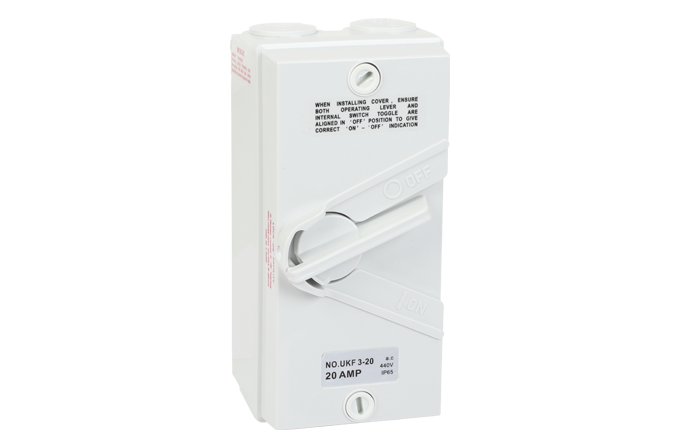
A waterproof isolator is an electrical switching device used in humid environments or underwater locations. It is designed to prevent moisture or humidity from affecting the normal function of the switch and ensure the safety of the user.
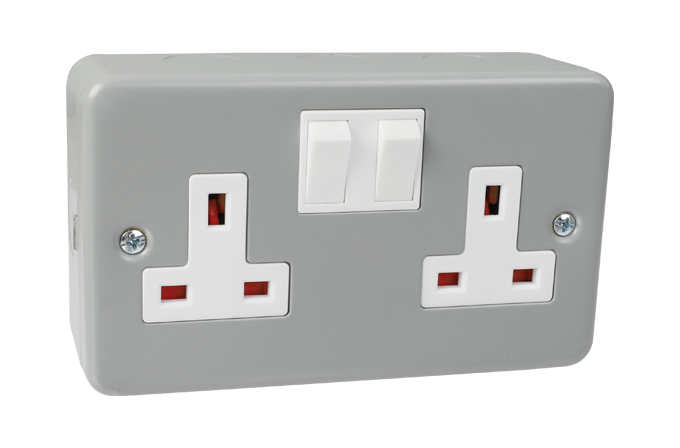
Metal clad usually refers to an electrical switch whose outer shell is made of iron material. The casing of the Metal clad is usually made of iron material, so it has high durability and strength.
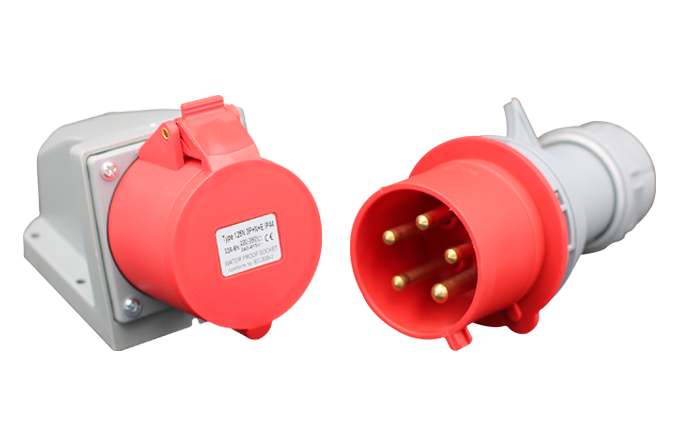
The leakage protection plug is an electrical safety device used to prevent electric shock accidents caused by electrical leakage. When electrical leakage occurs, the leakage protection plug can cut off the circuit in time to protect the safety of the user.
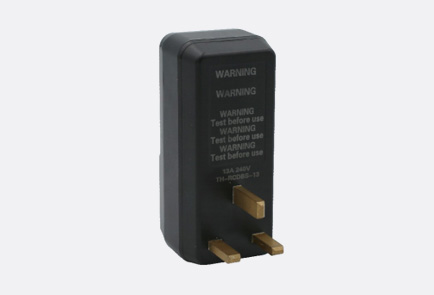
Made of high-performance polycarbonate, no need to reset when powered off, insulated and waterproof, suitable for a wide range of electrical applications, complete certifications, safe and reliable.
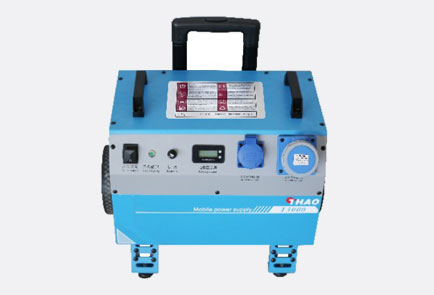
THAO can provide you with versatile and convenient solutions for portable power boxes, which can obtain power in various environments where mobility and flexibility are crucial.
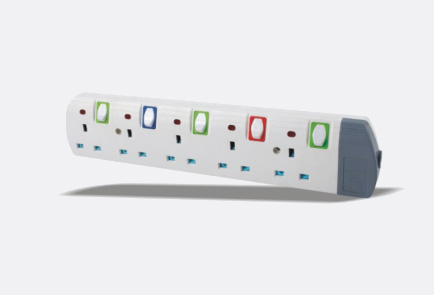
Industrial plugs and sockets are electrical connection equipment used in the industrial field. They are mainly used to connect industrial equipment or mechanical equipment to provide power. They typically have higher current and voltage handling capabilities.

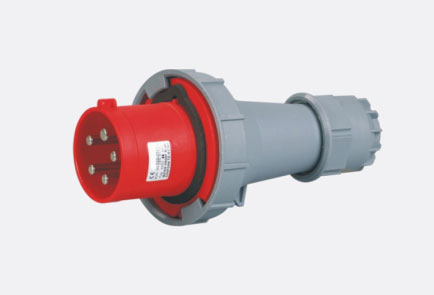
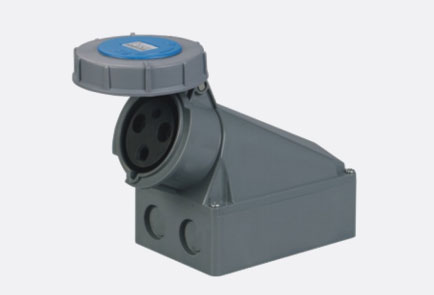
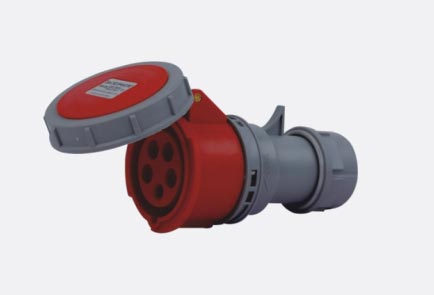

Has been focusing on the R&D and manufacturing of industrial plugs and sockets Our products are sold to more than 100 countries and are well received!
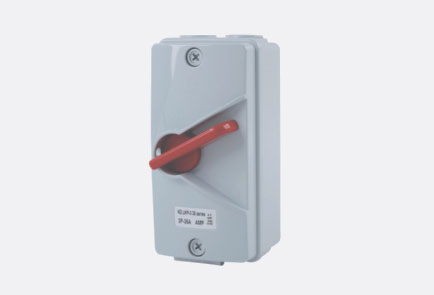
Looking to safely install a waterproof isolator switch? Whether for outdoor industrial circuits, marine equipment, or damp areas in your home, this step-by-step guide is suitable for both professionals and DIY beginners. We prioritize compliance with the IEC60947-3 standard and highly recommend THAO's waterproof isolator switch.
Say goodbye to ordinary switches that fail in harsh environments – THAO's waterproof isolator switch are CNAS and CMA certified and comply with the GB/T 4208-2017 standard. This means they offer complete dust protection and can withstand continuous immersion in water. If you're near the coast, choose THAO's saltwater-resistant version; for industrial workshops? Their high-temperature resistant models are designed for frequent use.
Tools you'll need: Insulated screwdriver, wire stripper, voltage tester, THAO's custom silicone sealant, and the mounting bracket included with your THAO product. Oh, and be sure to turn off the main power first – then use the tester to double-check that there's no voltage. This step prevents 70% of installation-related electrical accidents, so don't skip it!
Never overlook sealing – our lab tests show that 80% of common switch failures are due to poor sealing. THAO's built-in O-rings and sealing kits completely solve this problem. THAO's advantage lies in providing customized solutions: terminal sizes tailored for industrial machinery, or compact designs suitable for damp household environments. Unlike generic brands, THAO's team even provides free installation advice for complex projects.
Carefully check for loose wires, uneven sealing, or damaged components – THAO's 5-year warranty covers manufacturing defects, something no ordinary brand can match. Choose THAO waterproof isolator switch today!
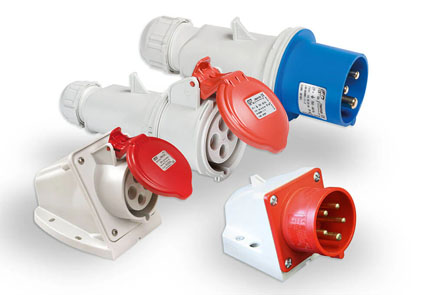
When it comes to the electrical systems we use, industrial plug and socket systems and domestic plug and switch systems serve distinct purposes, and their differences are quite pronounced. These disparities stem from the varying demands of industrial and domestic environments, ensuring that each type is optimized for its specific application. Industrial plug and socket systems differ from domestic plug and switch systems in several aspects, including their design, voltage and current ratings, safety features, and durability. The following is a detailed explanation:

Industrial Plugs and Sockets: They usually have a more robust and larger design to accommodate higher current-carrying capacities. The shapes and configurations are often standardized to meet specific industrial requirements, and they may come in different pin arrangements and sizes depending on the application. For example, some industrial plugs have three pins for power supply, while others may have four or five pins to include additional features like grounding or signaling.
Domestic Plugs and Switches: They are generally smaller and more compact, designed to fit the needs of household appliances and electrical devices. Domestic plugs usually have two or three pins, with the three - pin plugs being more common for safety - related reasons. The appearance is often more aesthetically pleasing to blend in with the home environment.
Industrial Plugs and Sockets: They are designed to handle higher voltages and currents. In industrial settings, voltages can range from 220V to 480V or even higher in some cases, and they can carry currents of 16A, 32A, 63A or more, depending on the specific equipment and application. This is because industrial machinery and equipment typically require more power to operate.
Domestic Plugs and Switches: They are rated for lower voltages and currents, usually 110 - 120V or 220 - 240V, depending on the country. The current ratings are typically 10A or 13A for most household appliances, with some heavy - duty appliances like electric ovens and dryers may use 15A or 20A plugs.
Industrial Plugs and Sockets: They often incorporate advanced safety features to protect against electrical hazards in industrial environments. This may include features such as interlocking mechanisms to prevent accidental disconnection, grounding pins to ensure proper electrical grounding, and protection against dust and water ingress, especially in harsh industrial settings. Some industrial plugs and sockets also have built - in fuses or circuit breakers to protect the equipment and the electrical system from overloading and short - circuits.
Domestic Plugs and Switches: They also have safety features, such as the use of insulating materials and the presence of a grounding pin in three - pin plugs. However, the level of protection may not be as high as in industrial - grade products. Domestic plugs and switches are designed to meet the safety requirements of a typical home environment, which is generally less hazardous than an industrial setting.
Industrial Plugs and Sockets: They are built to withstand frequent use, rough handling, and harsh environmental conditions. They are made from high - quality materials that are more resistant to wear, corrosion, and heat. Industrial - grade plugs and sockets are designed to have a long service life, even under heavy - duty usage in industrial plants, factories, and construction sites.
Domestic Plugs and Switches: They are designed for regular but less demanding use in the home. While they are expected to be reliable, they may not be able to withstand the same level of abuse and harsh conditions as industrial - grade products. Domestic plugs and switches are usually replaced more frequently due to wear and tear compared to their industrial counterparts.
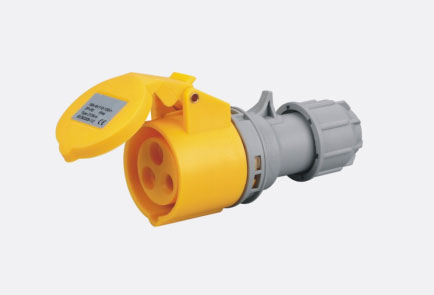
In conclusion, industrial plug and socket systems and domestic plug and switch systems are designed with different priorities in mind, based on the unique requirements of their respective environments. Understanding these differences is essential for ensuring the safe and efficient operation of electrical systems in both industrial and domestic settings.
GET A QUOTE